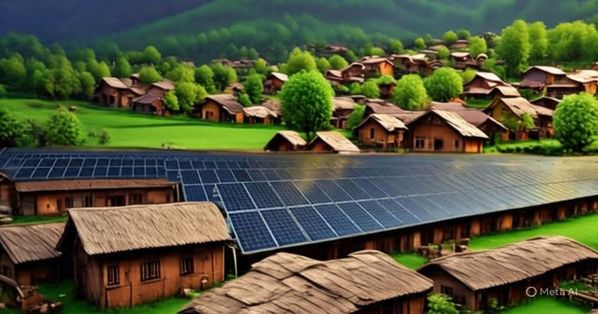The Asian Development Bank (ADB) has officially withdrawn a proposed loan of $434.25 million earmarked for a large-scale solar power project in Assam, India. The decision follows intense protests from indigenous communities and civil society groups concerned about displacement, environmental degradation, and lack of proper consultation.
The now-cancelled solar project was a major component of Assam's 'Mukhya Mantri Soura Shakti Prokolpo', aiming to develop a 1,000 MW solar photovoltaic power plant with battery energy storage in the Karbi Anglong district. The initiative was also intended to build institutional capacity and promote public-private partnerships in Assam’s renewable energy sector.
However, the project ran into serious opposition from indigenous groups such as the Karbi, Naga, Kachari, and Adivasi communities. These groups objected to the diversion of over 2,396.5 hectares of land, which would have impacted more than 24 villages. Activists highlighted a lack of transparency and alleged that fake No Objection Certificates (NOCs) were used in the land acquisition process.
Organizations like the Karbi Anglong Solar Power Project Affected People’s Rights Committee (KASPAPPRC) and the Joint Land Struggles Committee, Assam led several mass protests and filed petitions to demand cancellation of the project. They argued that the initiative violated constitutional protections for tribal areas and would displace thousands without proper rehabilitation.
Responding to public pressure, the Government of Assam requested the Ministry of Finance to withdraw the loan request. On May 23, 2025, the Ministry formally communicated the withdrawal to the ADB, which then cancelled both the loan and a $1 million technical assistance grant tied to the project.
Activists and local residents welcomed the ADB's decision. Pranab Doley, convenor of KASPAPPRC, remarked, “This is a people’s victory. The government must now focus on development that respects both nature and indigenous rights.”
The case of the Assam solar project serves as a reminder of the importance of inclusive and sustainable development. As India pursues its ambitious renewable energy goals, projects must consider the voices of affected communities and prioritize environmental justice.

